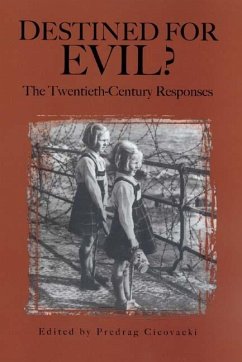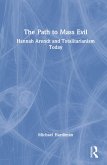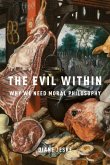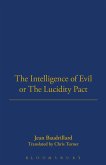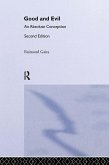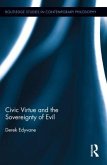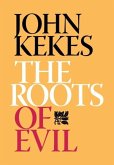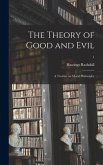This collection brings together a variety of responses to the ancient questions of whether we are - individually and collectively - destined for evil. The history of the previous century brought this question into the open more poignantly than perhaps any other before it. Not surprisingly, then, what you will find here is a wide spectrum of opinions concerning the mystery of evil formulated throughout the twentieth century and at the very threshold of the twenty-first, which has inherited all of its open wounds and nightmarish memories. The pieces included here come from diverse fields: philosophy, religious studies, psychology, history, political science, and art; they also assume a variety of forms: essays, treatises, stories, correspondence, and interviews. The reader should not expect that the pieces collected here offer proven recipes of how to eliminate evil from the world: rather, they present a compelling testimony of human struggles with an aspect of our lives we cannot afford to ignore. Contributors: Sharon Anderson-Gold, Hannah Arendt, Gil Bailie, Daniel Berrigan, Albert Camus, John P. Collins, Thomas Del Prete, Albert Einstein, Emil Fackenheim, Sigmund Freud, Philip Paul Hallie, Carl Gustav Jung, Michael Lerner, John Montaldo, Susan Neiman, Jeffrey Burton Russell, Aleksandr Solzhenitsyn, Tzvetan Todorov, Leo Tolstoy, Michael True, Nicholas Wolterstorff Predrag Cicovacki is Associate Professor of Philosophy at the College of the Holy Cross, Worcester, Massachusetts, where he served as director of Peace and Conflict Studies and editor-in-chief of Diotima: A Philosophical Review. His publications include Anamorphosis: Kant on Knowledge and Ignorance (1997), Between Truth andIllusion: Kant at the Crossroads of Modernity/I>

